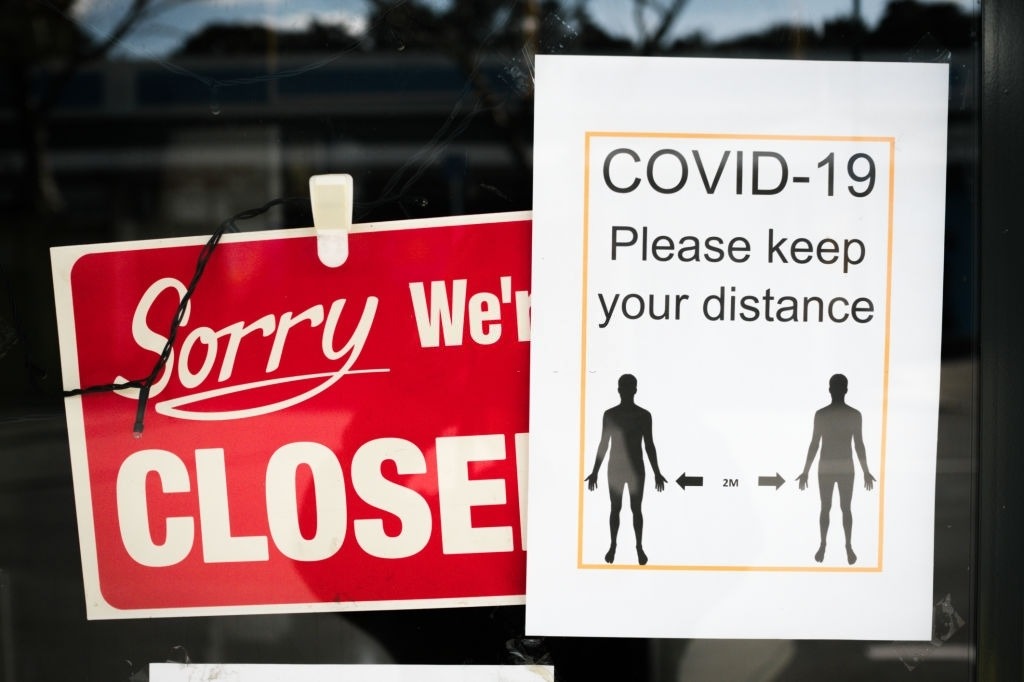Official statistics in Britain indicate that the number of people infected with the coronavirus has risen dramatically with the spread of the new, more transmissible Delta variant along with the easing of restrictions over the past few months. The Delta variant is spreading across the UK and public health officials are worried as this is partially resistant to vaccines compared with the previous variants.
Relying on the implementation of the Covid vaccination plan, England is the only European country attempting a hasty exit out of lockdown. Given the unknown aspects of the virus and the potential for new mutations and variants to emerge, British health officials insist that lifting restrictions and the spread of the Delta variant should be taken seriously. It needs to be noted that many adults have not received their second jabs yet, and some not even the first.
The Unpredictability of Coronavirus
The British government has gradually eased Covid restrictions since late March last year, after two months of nationwide quarantine. On March 9, the schools reopened and two weeks later, the “stay at home” order was revoked. All non-grocery stores, beauty salons, libraries, parks and zoos reopened. However, family visits are not allowed until the Covid vaccination process is completed.
Prime Minister Boris Johnson has praised the government’s achievements in reducing the number of Coronavirus infections, stating that there was no reason to deviate from the roadmap to lift restrictions. However, he noted that most scientists believe that at some point a new wave will re-emerge and people must not deviate from the principles of hygiene.
According to a previous government decision, all restrictions imposed on social contacts due to the outbreak of the pandemic were to be lifted on June 21. However, many experts and researchers called for the ending of restrictions to be delayed and for more people to be vaccinated against Coronavirus or receive their second jabs
British senior ministers decided to postpone the complete removal of the restrictions in the country, which was on the government’s agenda, until after June 21. Government sources in the UK told the BBC that most of the existing Coronavirus laws and restrictions would remain in place for another four weeks. In this situation, people were encouraged not to leave the house and work from home where possible.
The British Minister of Transport Grant Shapps made an ambitious statement earlier that the people of this country can already plan to travel abroad in the summer. However, scientists maintain that the eradication of the virus is unrealistic and that easing travel laws would lead to a new Coronavirus wave and spread of the Delta variant in the country. They warned that the potential harm of the coronavirus should not be underestimated. With the insistence of health officials and senior ministers, Boris Johnson accepted to wait another month for “Freedom Day” and ending all Covid restrictions.
The Legitimacy of Boris Johnson’s Decision
Hundreds of British protesters gathered in London, chanting slogans against postponing the lifting of Covid restrictions. Most of the participants in the protest, without wearing face masks and observing social distancing, carried placards protesting the continuation of the restrictions imposed over the past months. Some protesters chanted: Imprison the government staff, do not watch the news to live freely. Given that the number of Coronavirus patients in the UK has risen sharply over the past few weeks with the rapid spread of the Delta variant, Johnson decided to delay the final phase of easing restrictions by another month. He announced the delay on Monday, June 7. “I am confident we will not need more than four weeks and we will not go beyond July 19,” he said.
Boris Johnson had already announced June 21 as the day of lifting all Covid restrictions. Then, he stepped back from his decision, stating that Covid restrictions will continue for at least one more month. This shift in decision has taken place with the insistence of British health experts and senior ministers. This caused dissatisfactions among some British people who were against postponing the lifting of restrictions. Such unwise decisions and flip flopping can undermine the legitimacy of Johnson’s decisions in the future.

